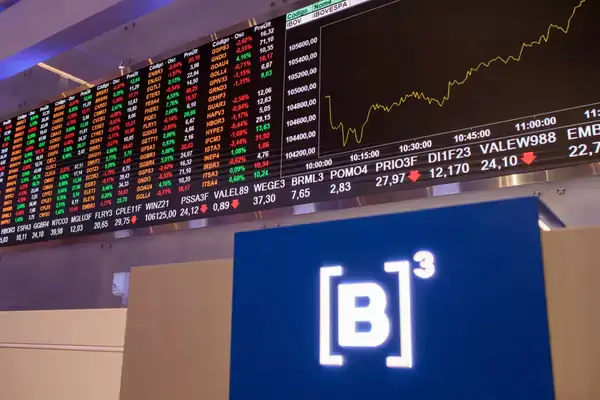The global oil market experienced a significant upturn on Monday, November 18, 2024. Crude oil prices erased the previous week’s losses, driven by escalating tensions in the Middle East and ongoing conflicts in Eastern Europe.
This sudden shift in the market landscape reflects the complex interplay of geopolitical factors and supply concerns. Brent crude, the international benchmark, saw a notable increase.
January 2025 contracts closed 3.18% higher at $73.30 per barrel on the Intercontinental Exchange in London. Similarly, West Texas Intermediate (WTI) crude for December delivery rose by 3.36%, reaching $69.17 per barrel on the New York Mercantile Exchange.
Several key events contributed to this price surge. Reports of attacks on Israel, including incidents in Tel Aviv, sparked market concerns. The Israeli Defense Forces reportedly intercepted rockets launched from Lebanon, heightening regional tensions.
These developments underscore the fragile nature of peace in the Middle East and its impact on global oil markets. The ongoing conflict between Russia and Ukraine also played a role in the price increase.
 Oil Prices Down as US Crude Inventories Surge Beyond Expectations. (Photo Internet reproduction)
Oil Prices Down as US Crude Inventories Surge Beyond Expectations. (Photo Internet reproduction)The U.S. government made a significant policy shift, allowing Ukraine to use American-made weapons against Russian targets. This decision marks a departure from previous restrictions and could potentially escalate the conflict further.
Rising Geopolitical Tensions and Oil Market Sensitivity
In response, the Kremlin warned of potential consequences, describing the U.S. decision as reckless. This exchange highlights the delicate balance of power in Eastern Europe and its influence on global energy markets.
The threat of expanded conflict raises concerns about potential disruptions to oil supply from the region. Adding to these geopolitical factors, a production issue in Europe further tightened supply expectations.
Equinor, a major Norwegian oil company, halted production at its Johan Sverdrup field due to a power outage. As the largest oil field in Western Europe, this unexpected shutdown raised concerns about short-term supply constraints.
These events collectively demonstrate the oil market’s sensitivity to global events. Geopolitical tensions, policy changes, and production issues can quickly impact prices, reflecting the interconnected nature of the global energy landscape.
As these situations continue to evolve, market participants will closely monitor developments for potential impacts on supply and demand dynamics.

 By The Rio Times | Created at 2024-11-18 21:20:43 | Updated at 2024-11-18 23:23:38
2 hours ago
By The Rio Times | Created at 2024-11-18 21:20:43 | Updated at 2024-11-18 23:23:38
2 hours ago








